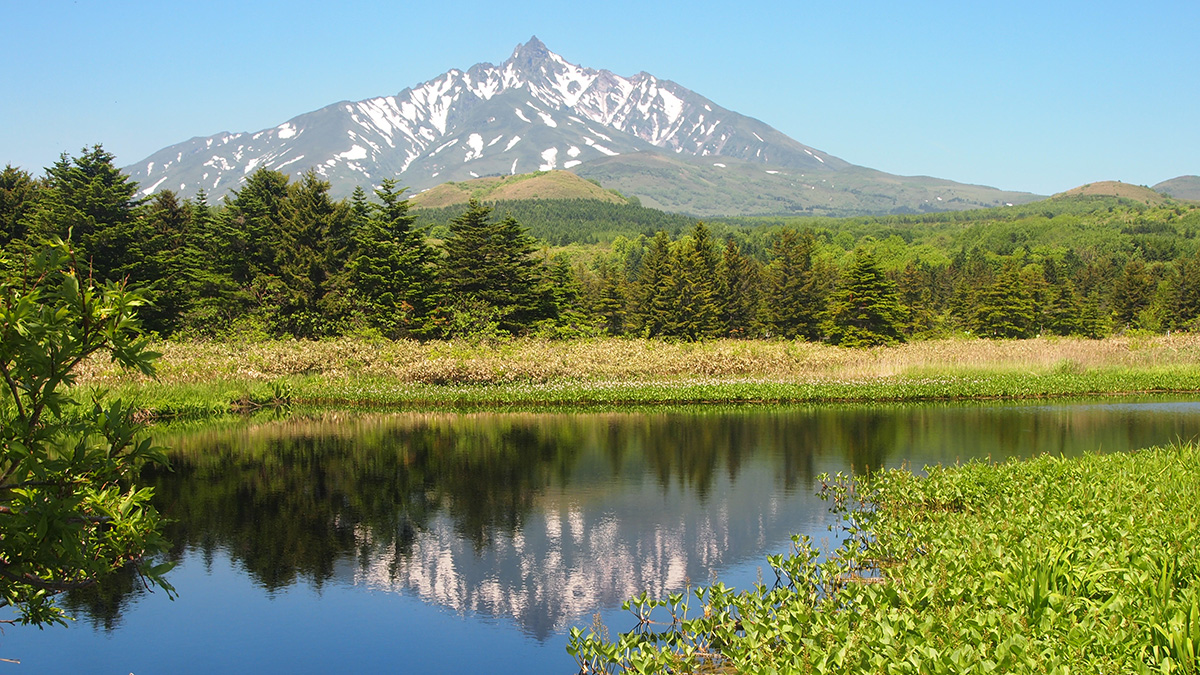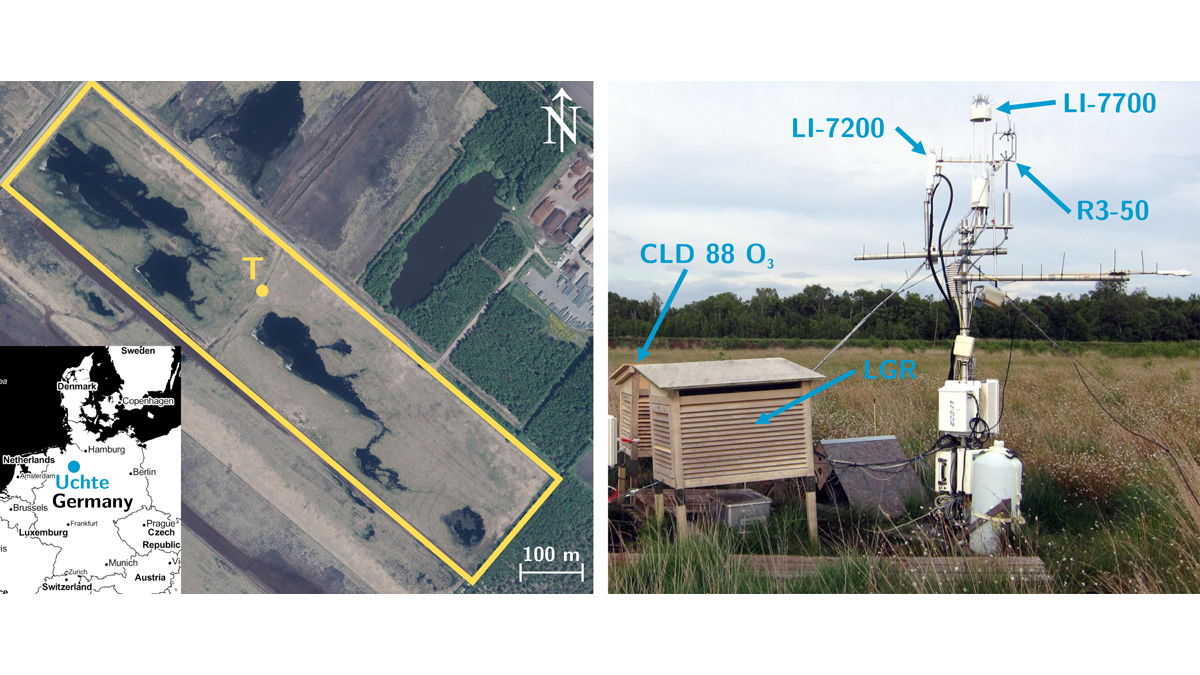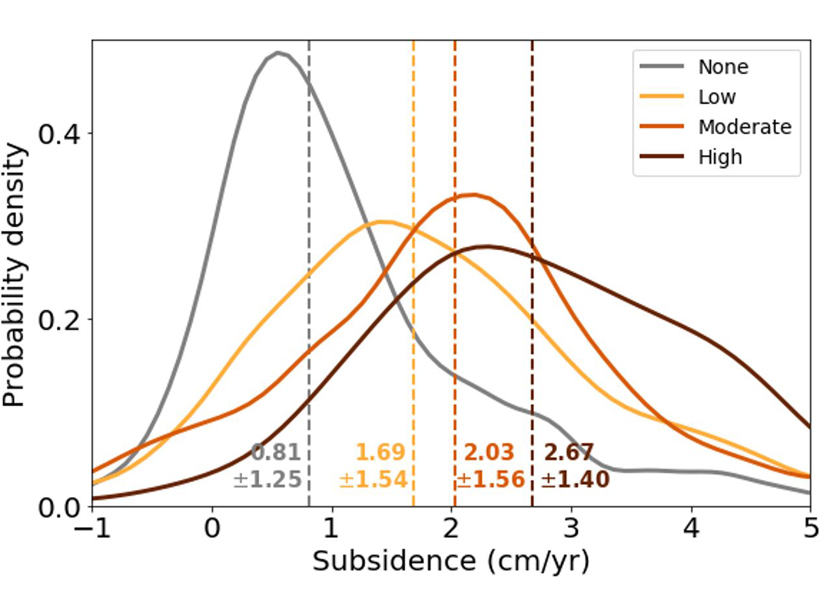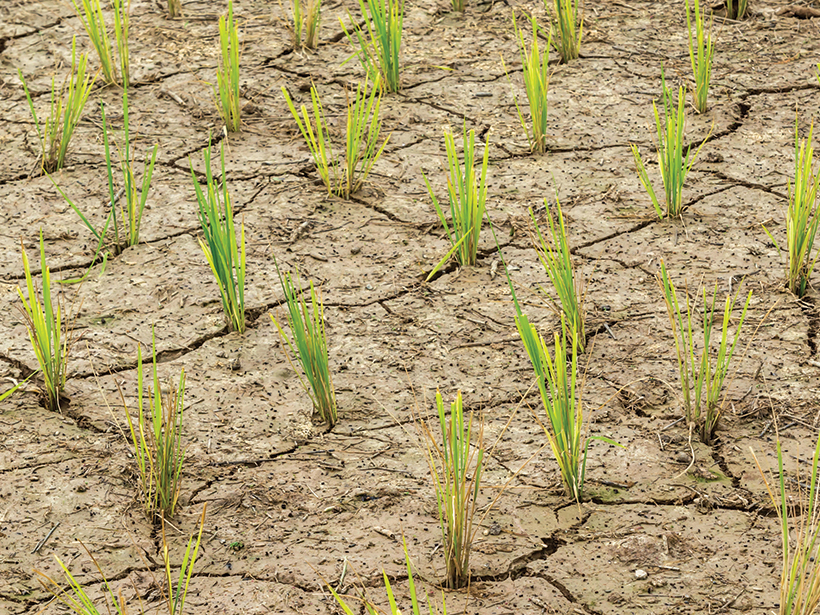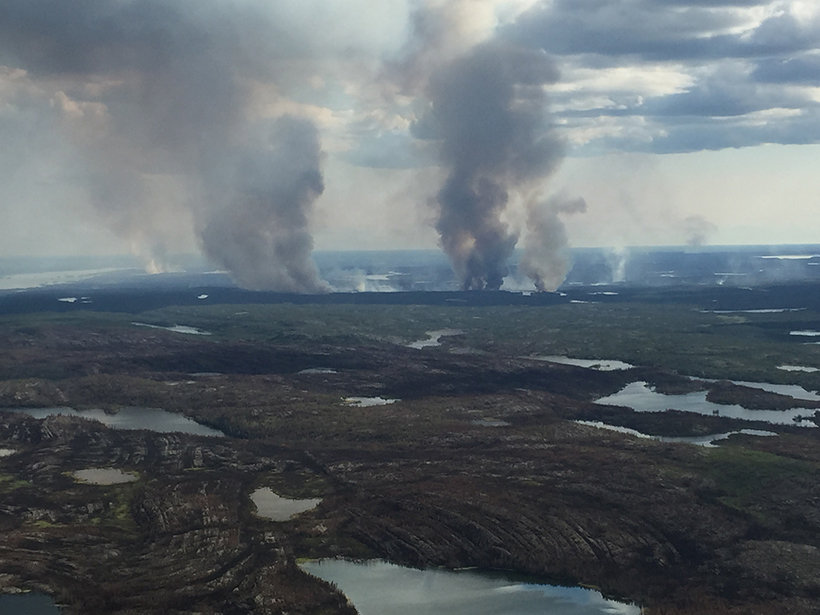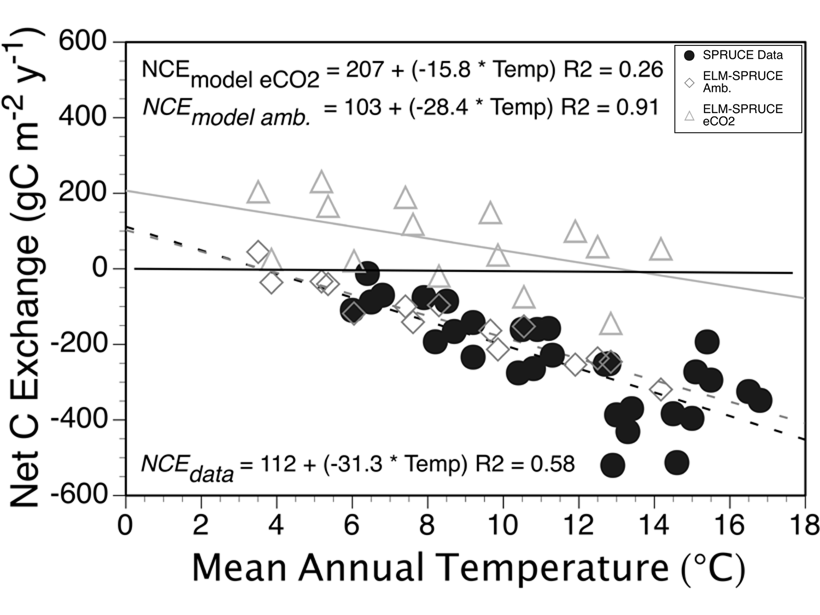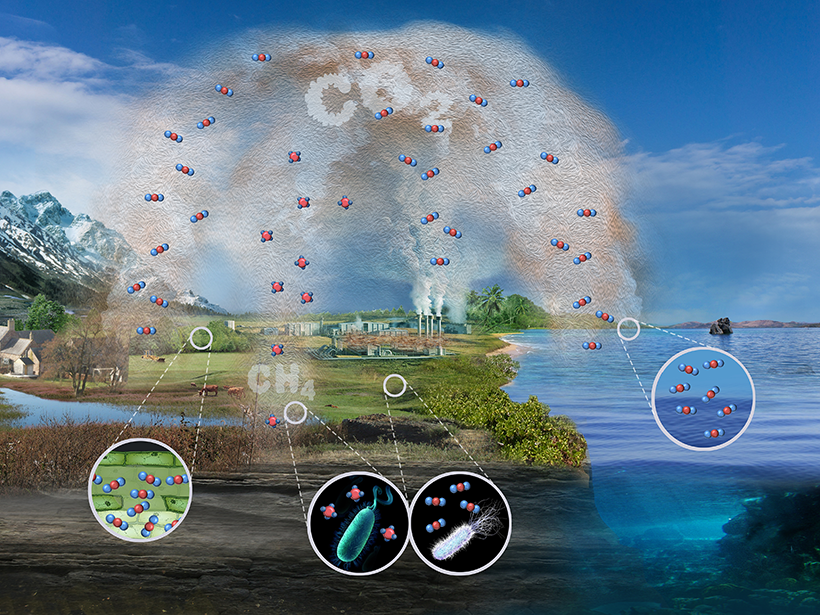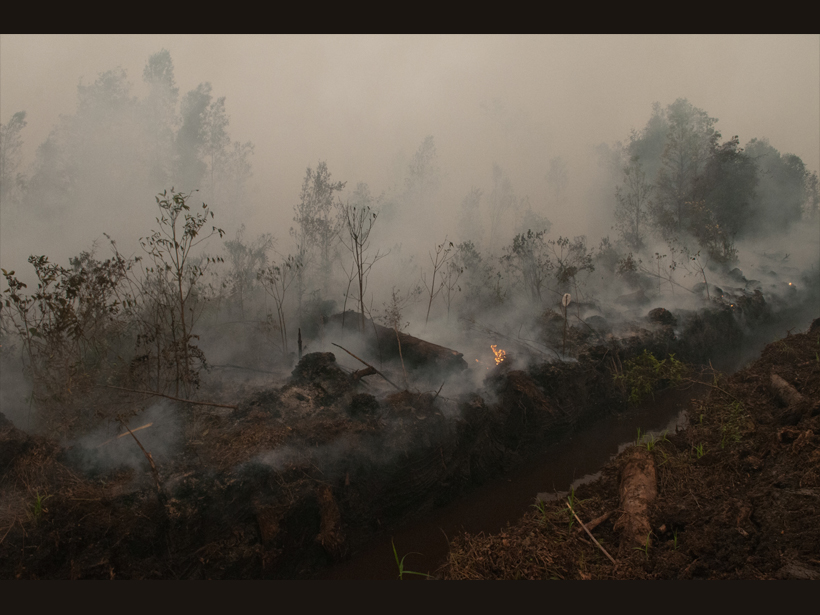New climate records from a peat bog show how two neighboring cultures responded differently to shifts in climate and ocean currents.
peat
Being Cool is a Slow Ride When You’re a Restored Wetland
Restoring formerly drained peat wetlands can mitigate climate-warming emissions but the reward takes patience.
How Much Carbon Will Peatlands Lose as Permafrost Thaws?
How much carbon peatlands may lose—or accumulate—in the future varies from place to place, according to a process-based model.
SE Asia Peatlands Subsidence Tied to Drainage Density
Human-made channelization significantly accelerates peat decomposition and drives ground-surface deformation in tropical wetlands.
Climate Change Uproots Global Agriculture
Climate change is shifting where ideal growing conditions exist and is leaving farmers behind. How can we secure our future food supply and support the people who grow it?
Feedback Loops of Fire Activity and Climate Change in Canada
New research documents how a warming climate contributes to patterns in wildfire severity and frequency and how the fires contribute to climate change.
Building an Early-Career Researcher Community from the Ground Up
An international group of early-career scientists has developed its own network to virtually moor connections within the peatlands community.
Soil Carbon May Not Remain Bogged Down in a Warmer World
Carbon was lost from an experimentally warmed boreal peatland much faster than it took to accumulate. Elevated CO2 had little effect on stored carbon, requiring re-evaluation of model assumptions.
The Future of the Carbon Cycle in a Changing Climate
Surface and space-based observations, field experiments, and models all contribute to our evolving understanding of the ways that Earth’s many systems absorb and release carbon.
Starting (and Stopping) a Fire to Study It
Fire experiments on peatlands in Southeast Asia have identified previously unknown emissions patterns and could point to ways to detect these smoldering fires before they become too big to fight.

